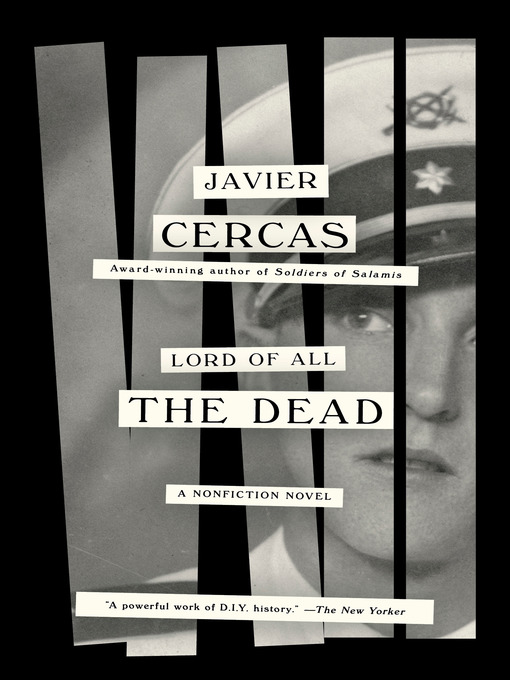- Arab American Heritage
- Easter & Lent 2025
- Passover 2025
- National Autism Awareness Month
- National Poetry Month 2025
- Earth Day 04/22/2025
- Library Love
- Financial Literacy
- Buried in the Garden: Garden, Farm, Flower Cozies
- New eBook additions
- Best Books of 2024
- In Memoriam 2024
- Healthy Eating Cookbooks
- See all ebooks collections
- Arab American Heritage
- Easter & Lent 2025
- National Autism Awareness Month
- National Poetry Month 2025
- Library Love
- Earth Day 04/22/2025
- Financial Literacy
- Buried in the Garden: Garden, Farm, Flower Cozies
- New audiobook additions
- Onyx Storm Read- Alikes
- Best Books of 2024
- In Memoriam 2024
- Coping With Stress & Anxiety
- See all audiobooks collections
- #ownvoices / Diverse Books
- Antiracism Resources
- Sheet Music & Song Books
- Bücher auf Deutsch / Books in German
- Civil Service Test Prep
- The Great Courses
- QuickReads Collection
- See all featured collections collections




